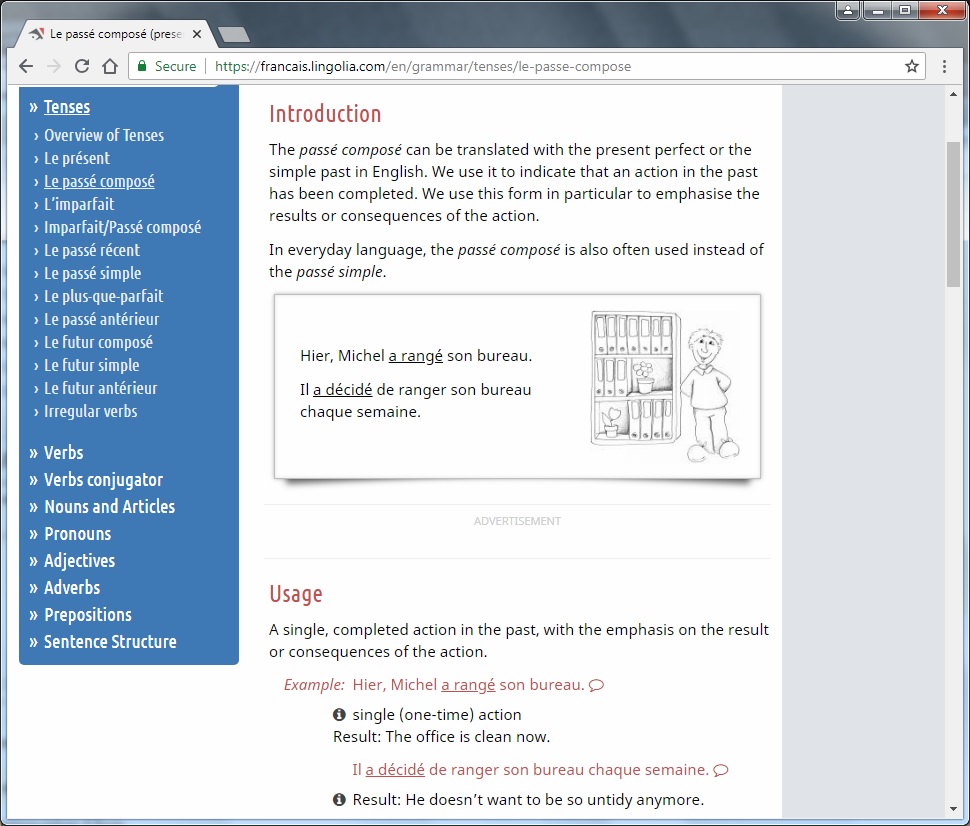For what I mean by "emphasis on the result of an action," please consider this pair of questions:
Have you been to Paris?
Were you in Paris?
The first one may be said to have an "emphasis" on your now knowing what Paris is like as a result of your visit, an emphasis not found in the second line.
This Web page by lingolia.com states that the French passé composé has such an "emphasis" (the Web page captured below).
QUESTION RESTATED
I ask the question because most explanations of the passé composé do not mention this "emphasis on the result." For example, none of these:
https://www.thoughtco.com/passe-compose-french-compound-past-tense-1368891
https://www.lawlessfrench.com/grammar/passe-compose-vs-imparfait/
https://en.wikibooks.org/wiki/French/Grammar/Tenses/Present_perfect
The only exception I have found is the Web page from Lingolia.com, as above.
My question as restated is then: Should I accept lingolia.com's representation of the French passé composé as having an emphasis on the result of an action?
AN ASIDE
I believe the question may also be equivalent to asking whether the passé composé can (usually does, often does etc.) have a resultative aspect in addition to any perfective it might have; but please never mind this terminology unless it is helpful.

